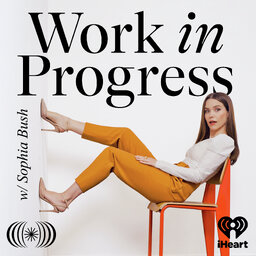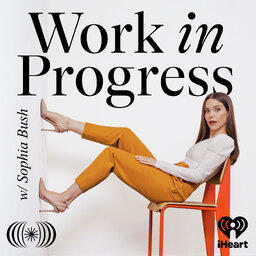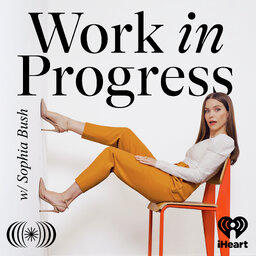David Gross is a real estate developer who partnered with Nipsey Hussle to create Vector 90, a co-working space in South Los Angeles, where entrepreneurs can network, create and more. He joins Sophia to talk about his responsibility to carry on Nipsey's legacy and how that shapes the decisions he makes, the importance of having safe spaces like Vector 90 in inner city communities, how he hopes to spread this mission across the country, and much more.
Executive Producers: Sophia Bush & Sim Sarna
Supervising Producer: Allison Bresnick
Associate Producer: Caitlin Lee
Editors: Josh Windisch and Matt Sasaki
Music written by Jack Garratt and produced by Mark Foster
Artwork by Kimi Selfridge
This show is brought to you by Brilliant Anatomy.
In 1 playlist(s)
Work in Progress with Sophia Bush
Work in Progress with Sophia Bush features frank, funny, personal, professional, and sometimes even …Social links
Follow podcast
Recent clips

Work in Progress: Jeannie Mai
55:24

Work in Progress: Mika Brzezinski
1:01:11

Work In Progress: Sophia answers fan questions
23:52
 Work in Progress with Sophia Bush
Work in Progress with Sophia Bush